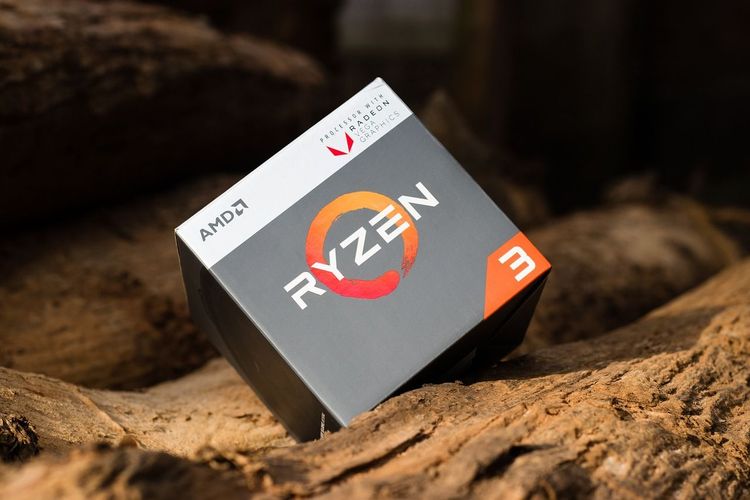The European Union has intensified its alert regarding illegal content and disinformation related to the Israel-Hamas conflict spread across social media platforms, directing its concerns specifically towards Meta, the parent company of Facebook and Instagram.
On October 10, the bloc's internal market commissioner, Thierry Breton, sent an urgent letter to Elon Musk, the owner of X (previously known as Twitter), expressing his worries that the platform is being exploited to share illegal content and circulate potentially harmful misinformation following the recent Hamas attacks on Israel.
In a less urgent follow-up letter to Meta’s CEO Mark Zuckerberg, made public via a post on X, Breton also gave Meta a 24-hour deadline to address similar content risk concerns. “In light of the recent terrorist attacks by Hamas on Israel, we've noticed a concerning escalation of illegal content and disinformation spreading within the EU via certain platforms,” the EU commissioner stated. “I urge you to maintain vigilance in ensuring compliance with the Digital Services Act (DSA) rules regarding terms of service and the need for timely, diligent, and objective responses to notices about illegal content in the EU.”
Breton emphasized the importance of having effective systems in place and mentioned expectations for ongoing communication with law enforcement agencies and Europol to promptly address any related requests.
Following the letter, Meta was approached for a response concerning the actions it is taking to mitigate content risks linked to the escalated violence in Israel and Gaza. However, no response was available at the time of writing.
Update: Meta has since provided a statement through a company spokesperson, indicating that they have initiated a special operations center post-Hamas attacks. The center is staffed with experts fluent in Hebrew and Arabic, focusing on monitoring the evolving situation. Meta reported that teams are working continuously to ensure the safety of their platforms, taking action against content that breaches their policies or local regulations, and collaborating with third-party fact-checkers in the region to combat misinformation.
Update 2: Meta has also shared a blog outlining additional measures being implemented in response to the risks associated with the Israel-Hamas conflict. These measures include blocking specific hashtags and implementing restrictions on Facebook Live and Instagram Live for users who have previously violated content policies. The company noted, “We are aware of Hamas’ threats to broadcast hostage footage, which we take very seriously. Our teams are closely monitoring this situation and will swiftly remove any such content along with the accounts responsible.”
We have also reached out to the European Commission for any additional concerns regarding other social media platforms.
Since the events of Saturday, reports have emerged of graphic videos uploaded to Meta’s platforms. An Israeli television report recounted a disturbing incident wherein a woman learned of her grandmother's murder by Hamas terrorists through a video shared on her Facebook account.
Addressing Election Disinformation
The correspondence from the European Commission to Meta does not only focus on the Israel-Hamas war but also highlights the Commission's concerns about Meta's handling of disinformation during European election periods. Breton pointed out, “When we met in San Francisco in June, I highlighted the need for Meta to pay close attention to this issue in compliance with the DSA. While we acknowledge steps taken to improve cooperation with independent authorities and response times ahead of recent elections in Slovakia, reports of deepfakes and manipulated content on your platforms are concerning, and some are still present.”
He reminded Zuckerberg that the DSA mandates the serious consideration of risks associated with the amplification of fake and manipulated content intended to influence elections, requesting an immediate response detailing measures to counteract such deepfakes, particularly with upcoming elections in Poland, The Netherlands, Lithuania, Belgium, Croatia, Romania, and Austria, as well as the European Parliament elections.
The DSA establishes stringent obligations for larger platforms (termed Very Large Online Platforms, or VLOPs) — of which 19 were designated by the Commission in April, including Meta’s Facebook and Instagram. The regulation requires these platforms to proactively identify and mitigate systemic risks associated with algorithm usage and artificial intelligence.
Confirmed violations of the DSA could lead to fines as severe as 6% of a company's global annual revenue, which for Meta, could amount to several billion dollars.
Political deepfakes are becoming a critical area of concern for the Commission, especially as advances in generative AI make their production more accessible. Last month, the EU announced discussions with AI leader OpenAI on this matter. However, the swift and widespread dissemination of such disinformation via social media platforms remains a significant focus of the EU’s regulatory efforts.







